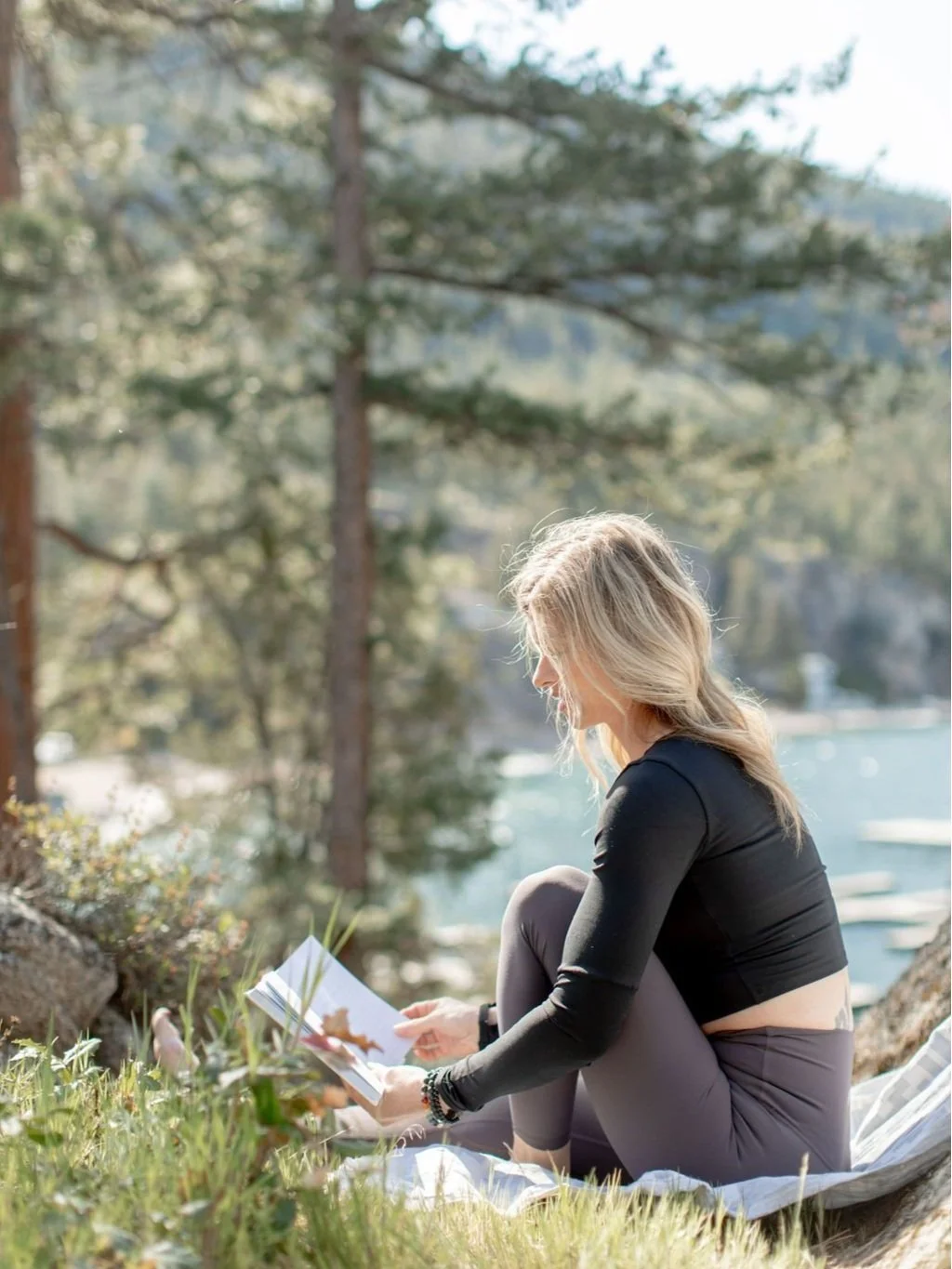Frequently Asked Questions
I really want to secure my place on a course but financially the timing is not right to pay in full. Can you hold your spot on a course and pay later?
We have the option of paying a deposit to secure your place on any of our courses. Then we are more than happy to tailor payment plans based upon individual needs. Please reach out to us HERE where we’ll be more than happy to arrange a bespoke payment plan to suit your needs and financial budget.
Do you ever have any offers on your courses?
We have early bird offers when you sign up at the launch of a new course and from time to time, seasonal offers with our partners that we love to share. Select scholarships are also available. The best way to find out about these and usually the the first in line is via our email newsletter or on our social media.
Do you offer weekend courses?
Yes we do! Our 200 hour Yoga Teacher Training Course is offered as a weekend format, over alternating weekends. 2025 dates are listed HERE.
What if I have to miss a day or weekend?
While we encourage you to attend each day, we also understand that life is busy and you may not be able to attend all times. We have recorded our training sessions in the past if someone has fallen ill, however it is recommended you come in person if you can. Set up a call to chat with us about your situation.
What are the admission requirements?
You must be a minimum of 18 years of age prior to the start of the program, have completed a health evaluation and waiver, be free of disease that could impede the learning process of the individual or jeopardize the health and safety of fellow students, be fluent in English, and have prior experience with yoga.
Do I need any additional resources for my course?
We include a full manual that we’ve refined and developed over many years, and the Harvard Yoga Textbook to complement your teaching journey. Comfortable yoga apparel and a warm cover up for non-practical sessions throughout the day is recommended. A yoga mat is a requirement within the class and we provide blocks, bolsters and straps.
Have more questions? Email us HERE.
Ready to start your journey to Yoga Teacher Training? Email us HERE.
Where are you classes located?
In Kelowna, BC. We also offer our in-person courses and Workshops at Yoga & Wellness Studios across the Valley, dependent upon the time of year and set up required for the class. We always choose locations based on their accessibility for all, locality and resources available for students throughout the learning day. Each course description will provide you with the relevant location for the course.
I’m interested in learning more, like schedule in particular
Each day of the training begins at 8 am and starts with meditation and breathwork. You will have a working lunch and refreshment breaks during the day, at which time we hope you can step outside, enjoy your beautiful surroundings and integrate what you have learned. The schedule includes learning and practice of poses, breathwork, teaching techniques, meditation, history of yoga and ethics, practice teaching, anatomy/health and wellness. Depending on the lessons that day we end between 5-6pm.
What is your cancellation policy?
Refunds are granted for withdrawal from a workshop/training, less the non-refundable deposit, up to 30 days prior to the start of the training. If you withdraw from a course after the withdrawal date (30 days before the start of the course), but before the start of your training, your tuition applies as a credit towards future dates. Tuition credit can be used towards another training within the next 12 months.
Yoga Teacher Training fees will not be credited for cancellations or withdrawal once the training begins or at any point during your scheduled training, and your payment is forfeited. Once the course has started, there is no credit or refund granted. Tuition balance payment must be paid in full 30 days prior to training commencement. Exceptions to our cancellation policy cannot be made for any reason. We do not offer credit for a student arriving late or leaving early to a training program, and if you miss any of the training you will be required to make it up prior to scheduled examinations.
What does the training include?
The training is split into 4 quadrants based on the Yoga Alliance Elevated RYS 200 standards: 1. Techniques, Training & Practice; 2. Anatomy + Physiology; 3. Professional Essentials; and 4. Yoga Humanities. The training includes teachings from all elements including:
Anatomy | major muscles, joints, bones relating to yoga postures, assists and modifications for pathologies, pregnancy and injuries
Asana | historical context, Sanskrit terms for poses, anatomical and alignment principles, sequencing
Biomechanics | types of movement, stabilization, safe movement practices, physical alignment
Ethics | comprehension of and responsibility for equity in the yoga practice, Yoga Sutras, accountability measures, self-reflections
History | the cultures, lineage and ‘styles’ of yoga, dates, the Vedas and other historical texts
Meditation | methods by lineage, Vipassana, Mudras, Mantras
Practicum | practice teaching, sequences with peers and teachers, feedback, mentorship
Pranayama + The Subtle Body | sequencing, safe practices, cleansing techniques, Ujjayi, Nadi Shodhana, Kapalabhati, the Chakras, Kriyas, effects of breathwork on the mind and body, historical context
Philosophy | relationship between Pranayama, Asana, the definition of yoga and key terms, familiarity with common texts [Yoga Sutras, Upanishads, Bhagavad Gita]
Physiology | parasympathetic and sympathetic nervous system, mind and body connections, digestive system, circulatory system, respiratory system and cardiovascular system relating to yoga
Professional Development | ethical commitments, a lifetime of learning and continued education avenues, general professionalism, liability, marketing and promoting your classes
Teaching Methodology | pacing, cues, sequencing, environment, class management


